
- Article
- Article
An insider’s view of Play Well
Curator Shamita Sharmacharja offers behind-the-scenes insights into an exhibition about the serious business of play.

- Comic
- Comic
You're doing well
Sometimes it's just enough to be a human being.
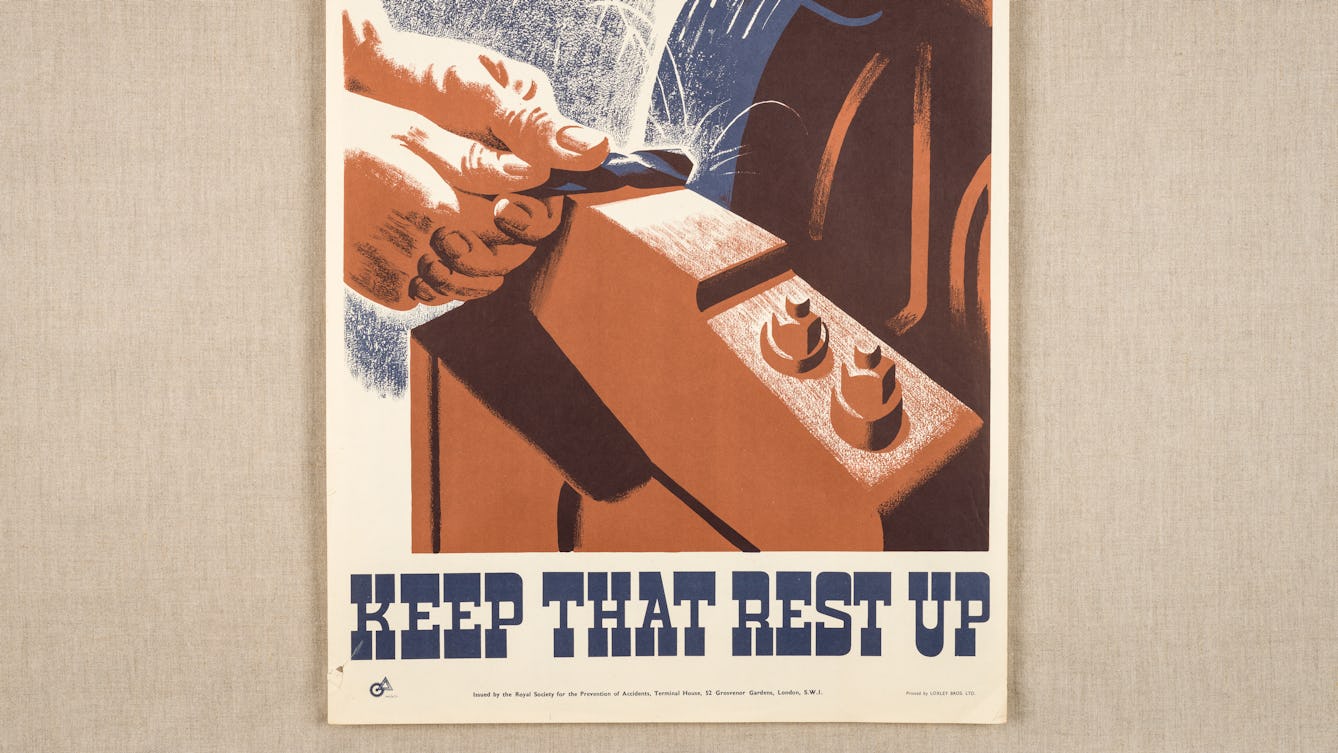
- In pictures
- In pictures
Working well or sick of work?
Sometimes we literally get sick of our jobs. Discover how researchers and medics throughout history have made connections between our work and our wellbeing.
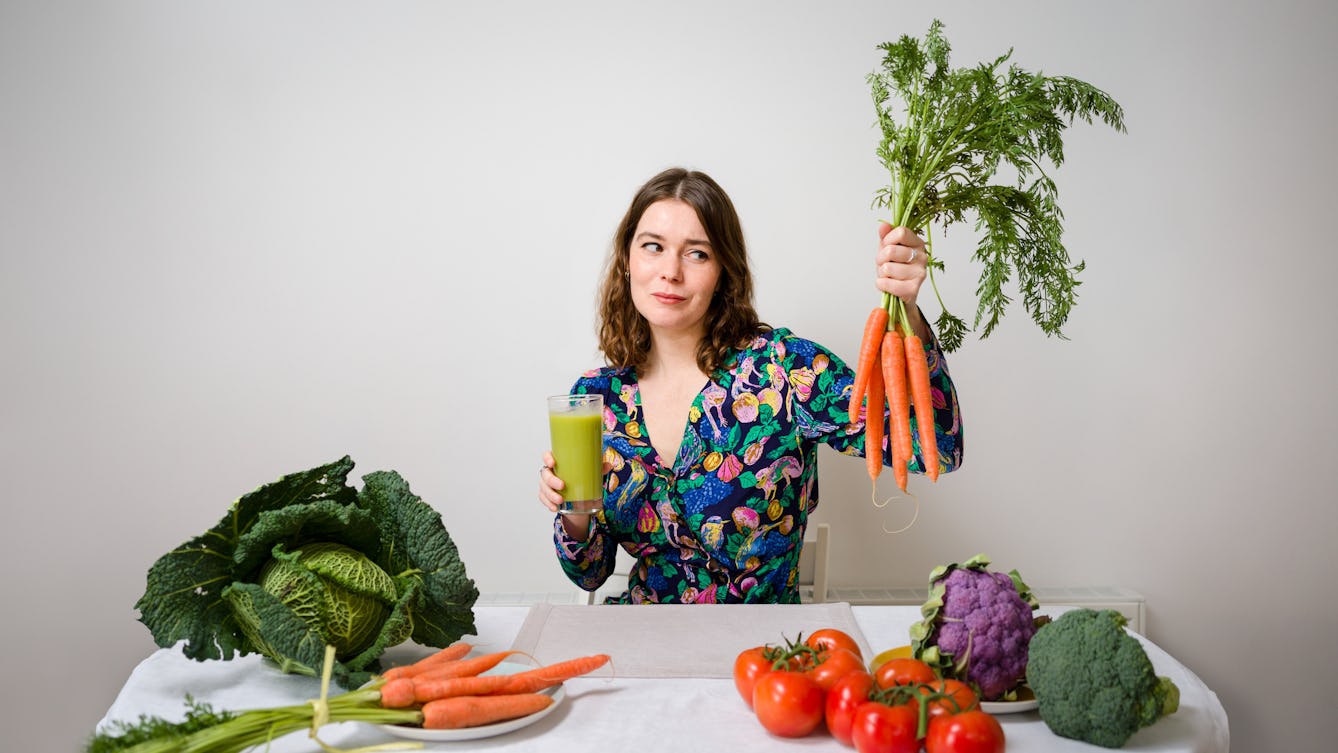
- Article
- Article
The sickness in the wellness industry
In recovery from anorexia, Gwen Smith began to realise how the wellness industry needs its followers to feel bad about themselves in order to make money out them.

- In pictures
- In pictures
How to live well, the medieval way
These days we might not think that celibacy could kill you, but otherwise, medieval tips to maintain wellness still often ring true.

- Photo story
- Photo story
Beautiful bedding and how to die well
When you are unwell, your bed can be both a refuge and a prison. Discover how artist Poppy Nash created a bed-centred artwork inspired by her own chronic illness and depictions of ill health from history.

- Article
- Article
When ‘get well soon’ doesn’t cut it
When loved ones are seriously ill, we can hide behind dishonest platitudes or struggle to find the words. Meet the woman working to fix how we speak to sick people.

- Article
- Article
Chronic illness and the pressure to get well
When she was ill, Naomi Morris assumed she was on a straightforward journey from sickness to health. But what if our experiences of mental distress and ill health aren’t that neat?
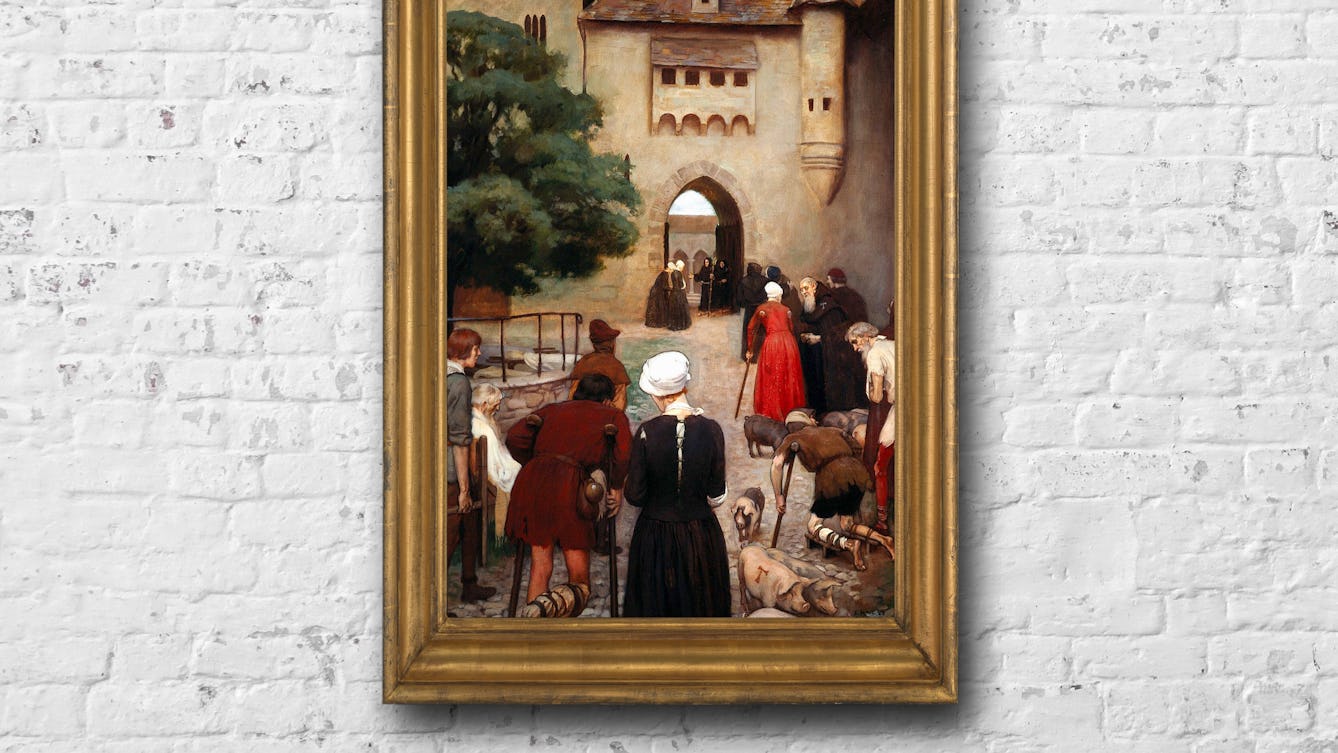
- In pictures
- In pictures
Health and the medieval church
Historian Emma J Wells examines at how medieval European churches sought to keep their parishioners healthy.

- Book extract
- Book extract
The psychology of Ouija
Explore the science behind table tilting and Ouija boards, and discover how the unscrupulous still make money from exploiting the ‘ideomotor’ effect.

- In pictures
- In pictures
Water of life?
From ancient sources of spiritual sustenance to the modern spa, Ross MacFarlane traces a brief history of healing waters.
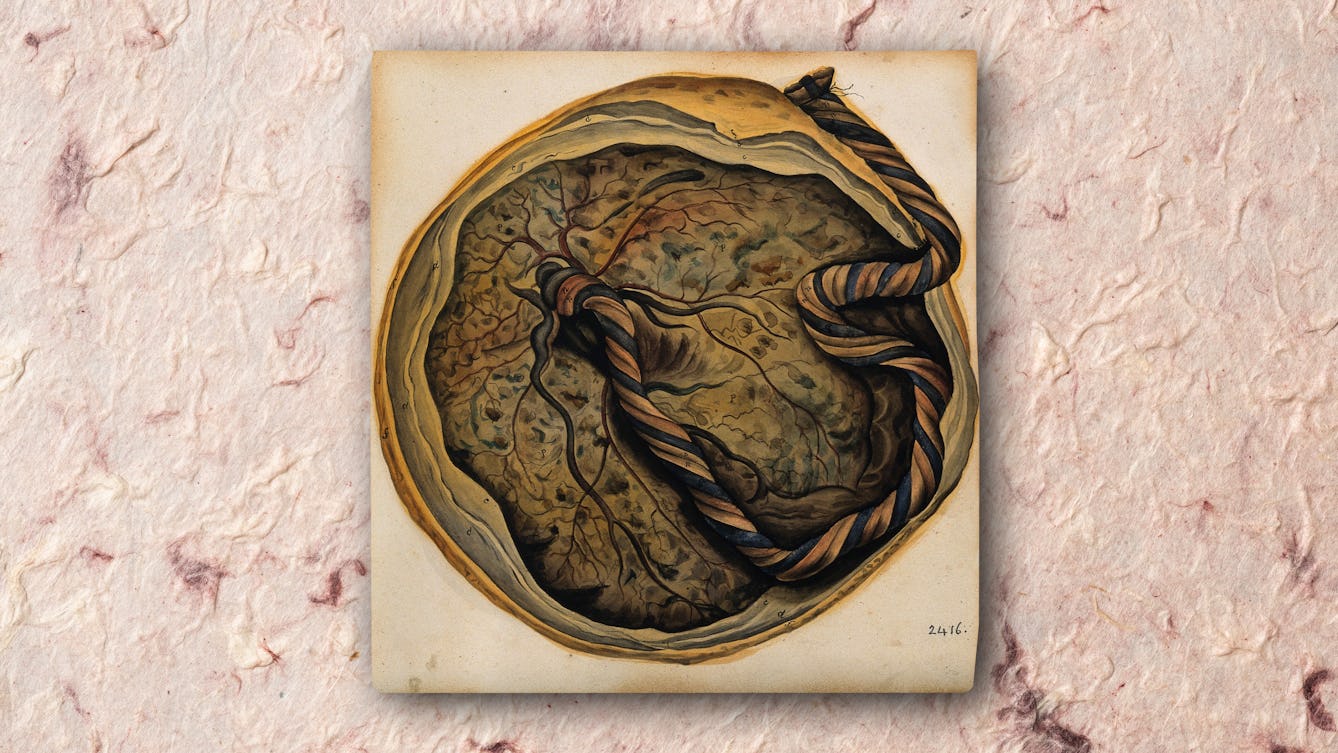
- Article
- Article
Womb milk and the puzzle of the placenta
A human baby needs milk to survive – and this holds true even before it’s born. Joanna Wolfarth explores “womb milk”, as well as ancient and modern ideas about the placenta.
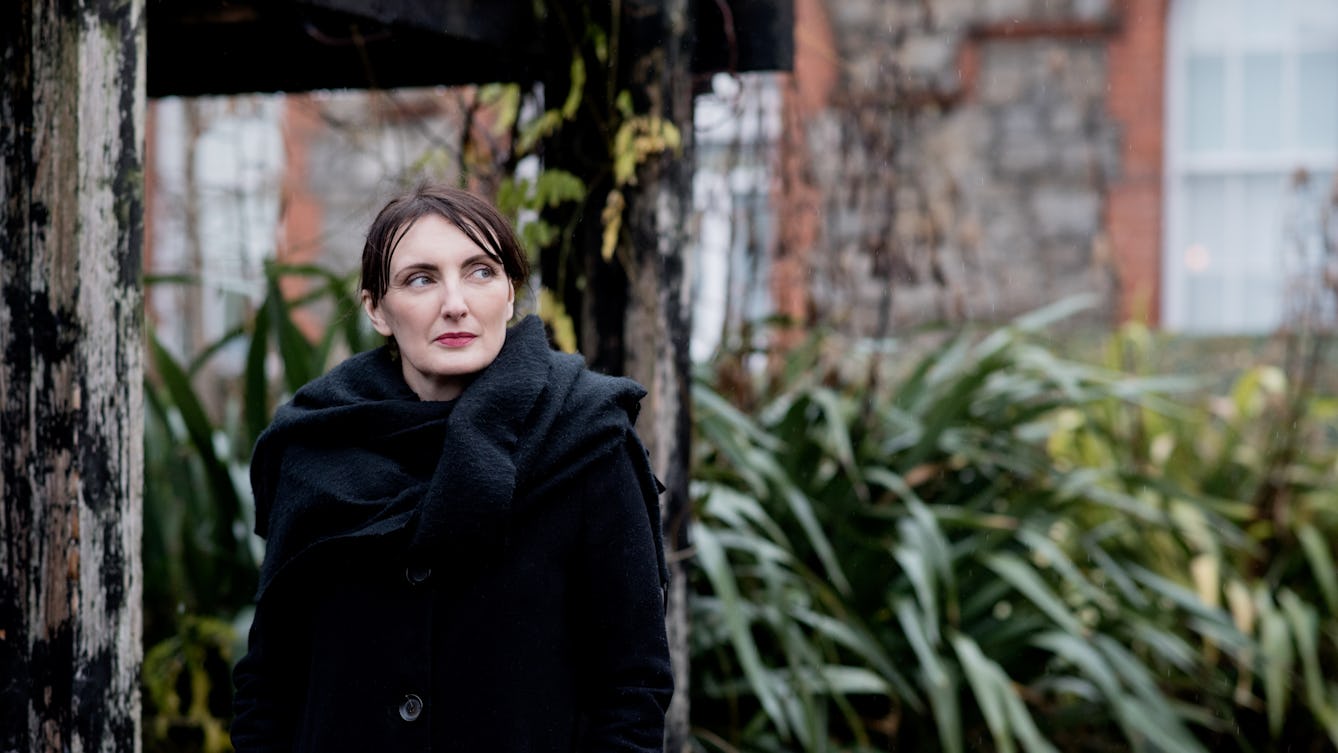
- Article
- Article
The solidarity of sickness
Visiting an injured friend in hospital prompts writer Sinéad Gleeson to reflect on the instant rapport forged between compatriots in the kingdom of the sick.
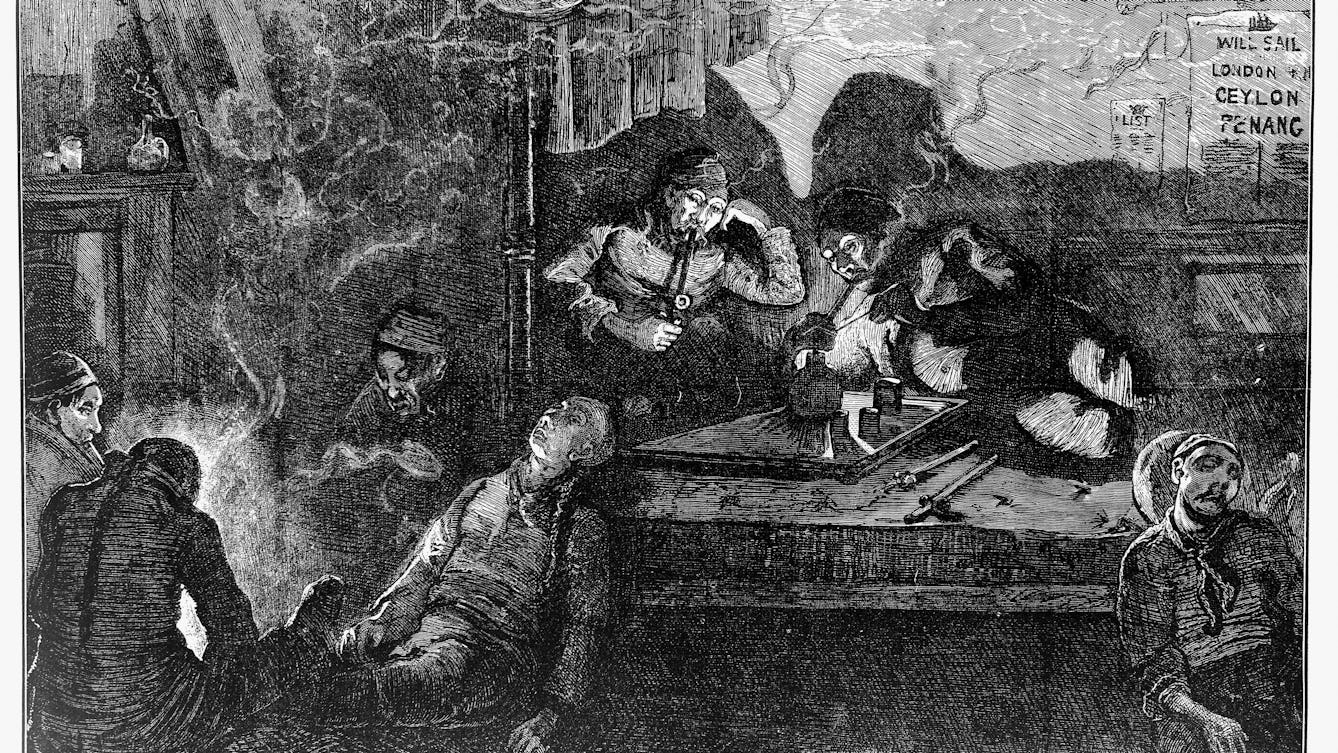
- Article
- Article
Drugs in Victorian Britain
Many common remedies were taken throughout the 19th century, with more people than ever using them. What was the social and cultural context of this development?

- Article
- Article
On being a father with OCD
As a parent to young children, Ben Falk worries whether he could somehow pass his OCD on to them. Here’s what the experts say.

- Article
- Article
Dealing with the dead after a nuclear attack
Cold War-era predictions of death on a vast scale became routine. But the British authorities were less prepared to dispose of the bodies.
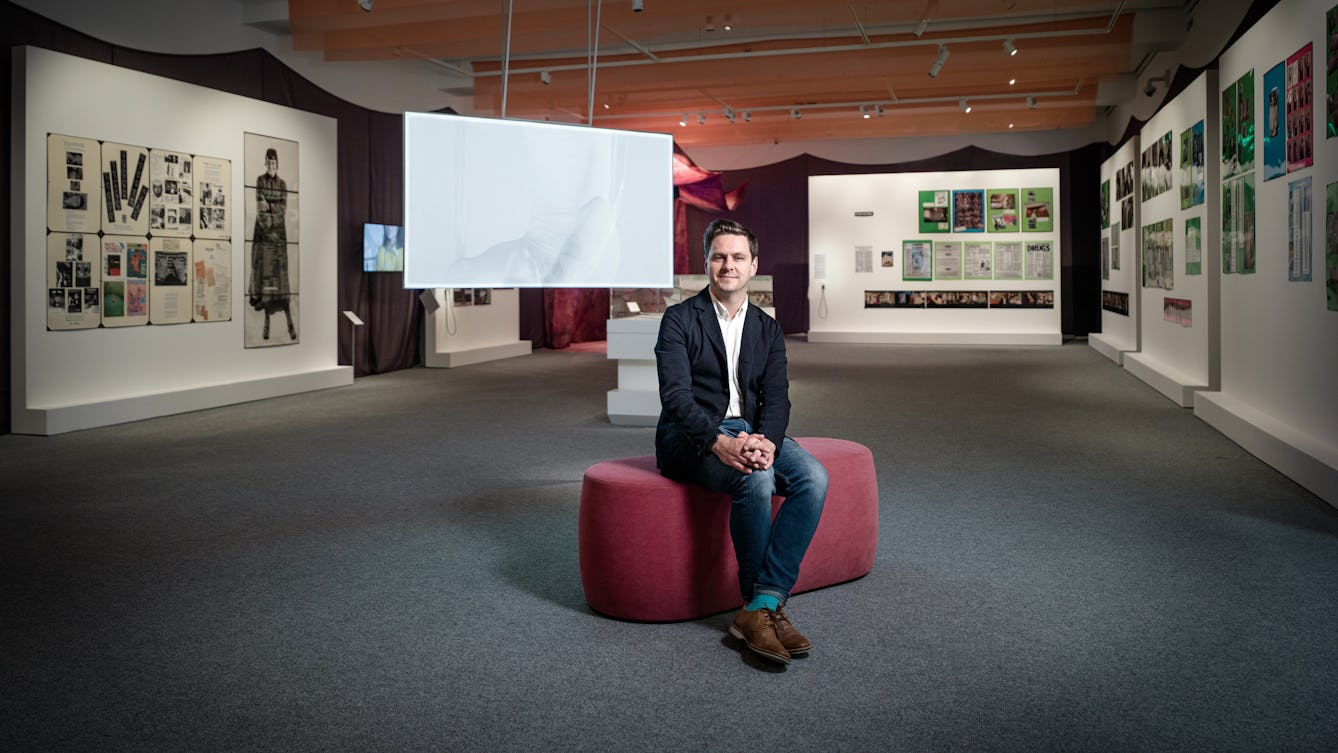
- Interview
- Interview
Inside the mind of George Vasey, co-curator of Misbehaving Bodies
Discover how curator George Vasey honoured the approaches of Jo Spence and Oreet Ashery, who mischievously subvert clichés around illness and death.

- Article
- Article
The psychological impact of nuclear war
How would you hold up psychologically if a nuclear bomb was dropped? Discover the British government’s secret predictions from the 1980s.

- Article
- Article
Designing better mental health wards
Bringing colour and natural light to tired, grubby mental health wards has a measurably positive effect on patients. A few groundbreaking projects are showing the way.
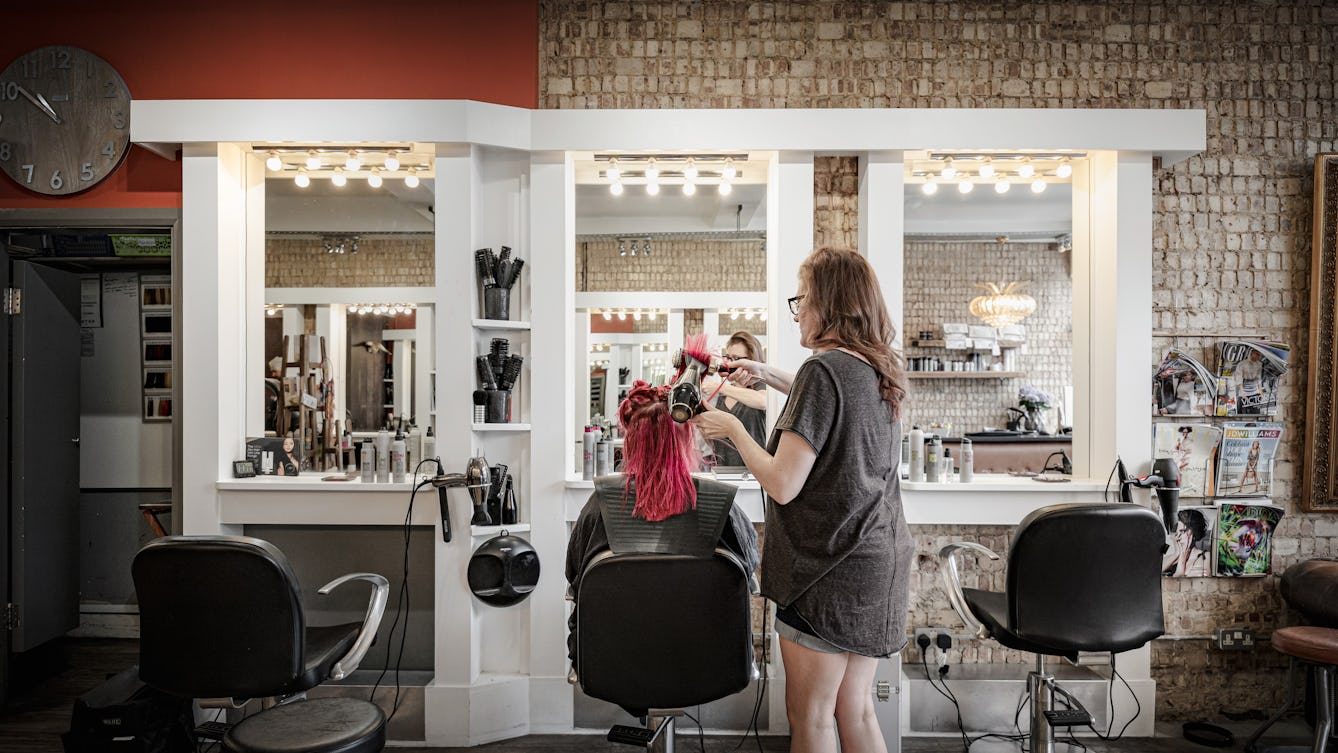
- Article
- Article
How your hairdresser could save your life
Barbers and hairdressers have a unique view of us – one that means they can spot potentially dangerous health problems. Find out how buzzcuts can lead to blood-pressure checks, and dip-dyes show the way to the dermatologist.
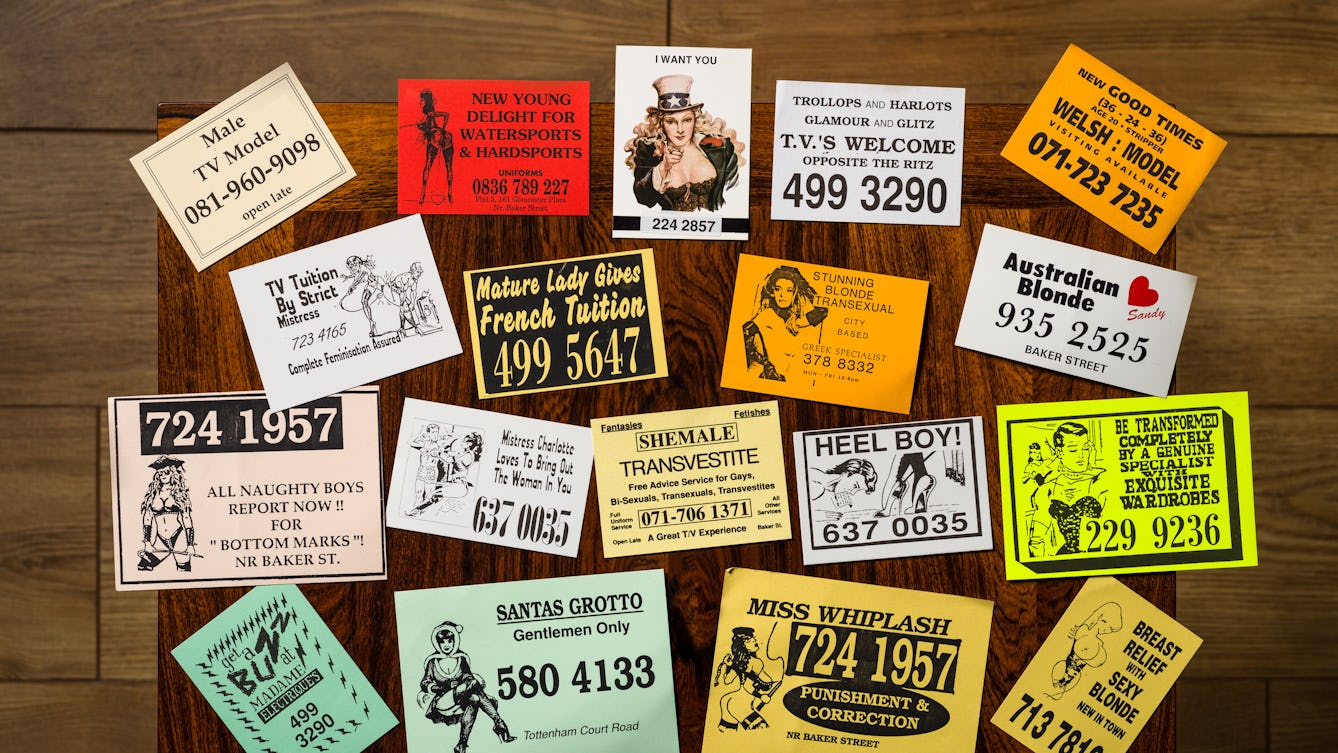
- Article
- Article
Dial ‘S’ for sex
In pre-internet days, phone boxes became a patchwork of ‘tart cards’ offering sexual services. Find out about the clandestine world they hint at.
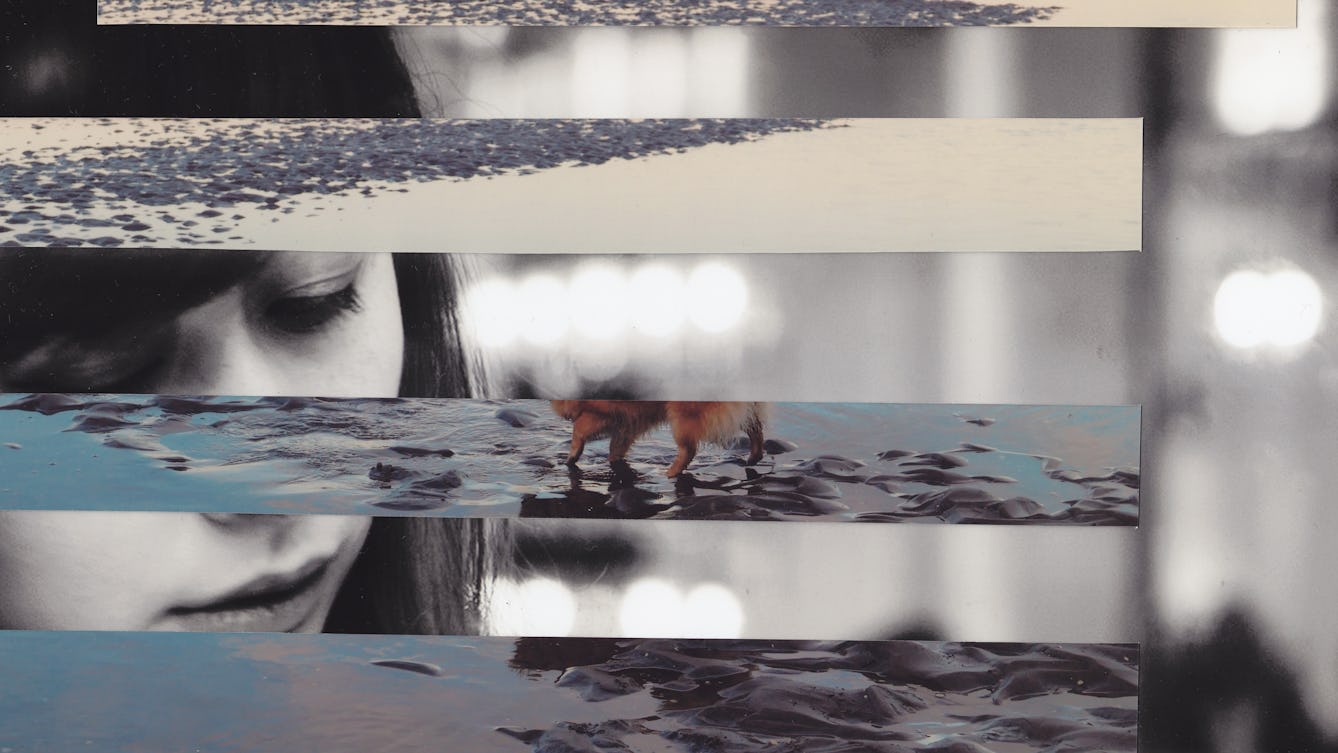
- Article
- Article
A little wildness
To salve her longing for a dog, Rowan Hisayo Buchanan chose a puppy. She found that, despite centuries of domestication, her dog still retains aspects of her wild ancestry.

- In pictures
- In pictures
Medical manipulations and the history of physiotherapy
From gymnastics to splints and uterine massage, the history of physiotherapy takes in a surprisingly broad range of people and practices.

- Interview
- Interview
How to design an HIV awareness campaign
Using carefully crafted, colourful graphics is one public health team’s creative approach.
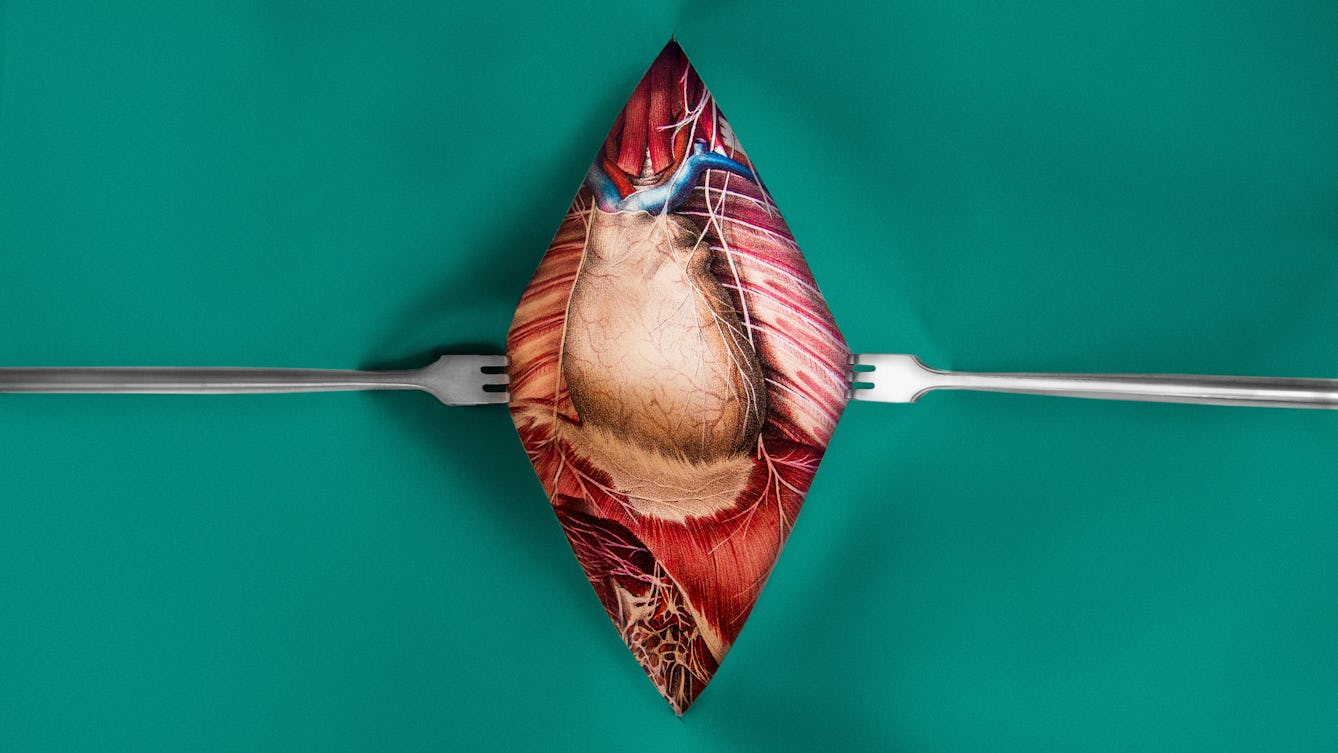
- Article
- Article
The problem of the punctured heart
During World War II a young American surgeon working in England perfected shrapnel-removal techniques that saved dozens of lives. Discover how one case sealed his reputation as the founder of cardiac surgery.